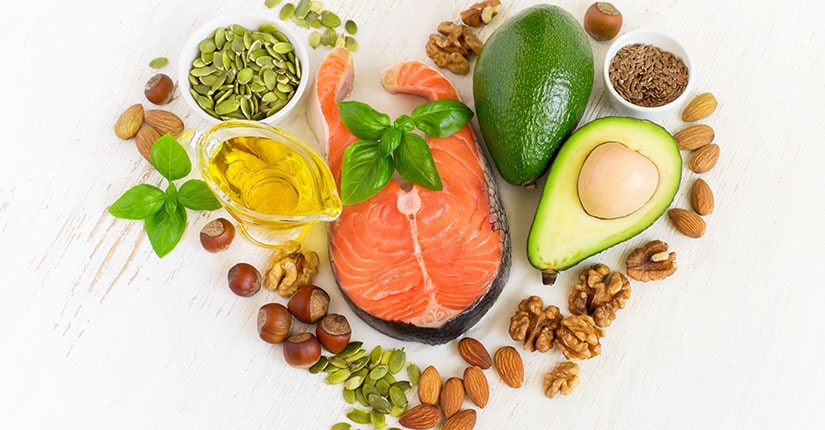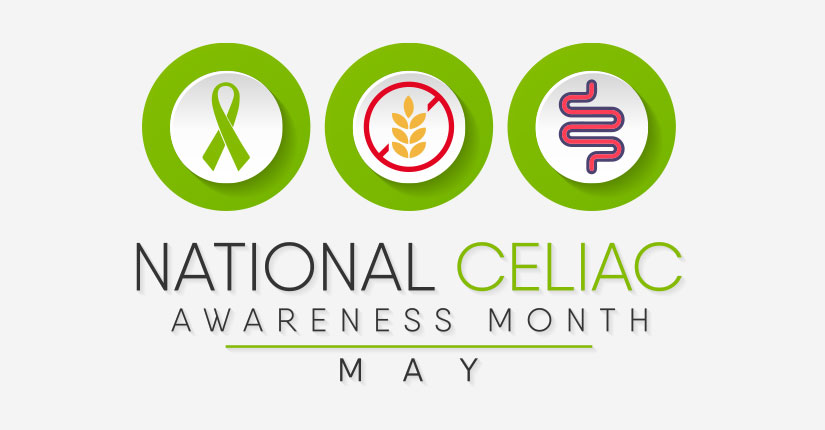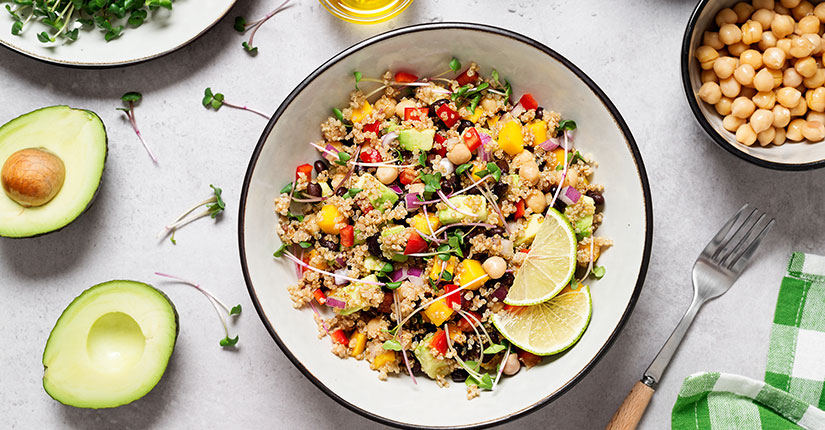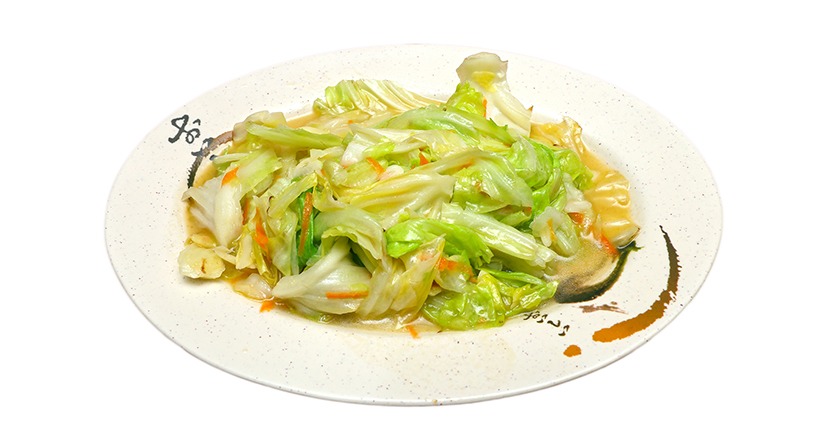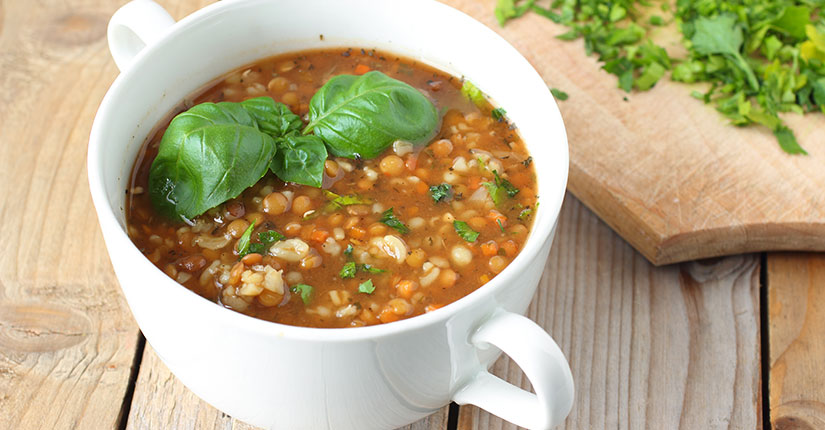Therapeutic Benefits of Nutrition for Heart Diseases
By Nmami Agarwal 18-Apr 2020 Reading Time: 4 Mins

Diet is an important aspect when it comes to therapeutic nutrition. Not only nutrition but lifestyle factors too play a role in etiology of heart diseases.
Heart diseases or Coronary Artery Diseases (CAD) like ischemic heart disease, diabetes and so on are commonly found in high income countries and are the major reasons for high morbidity and mortality rates.
The nutritional information from which therapeutic benefits can be reaped depends on three factors:
- Dietary pattern: Having a low salt diet without much oil/fat and less spices is considered a good diet. You can follow DASH (Dietary Approaches to Stop Hypertension) diet in case of having chances of developing hypertension. Having small and frequent meals help often more.
- Portion size: It is important to include every food group but in the required amount. Having everything but not in the proportion could leave you being obese and may put you more at risk of other chronic diseases.
- Food groups and nutrients consumed: Whole grains, dietary fiber, fruits, vegetables, nuts, soy, dairy products should be included in appropriate portion sizes. Sodium, omega-3 fatty acids, vitamin D, magnesium and others should be most often tried to derive from natural and fresh food sources.
Benefits of therapeutic nutrition in preventing Heart Diseases:
- Right nutrition keeps a check on significant optimum levels of cholesterol, lipids and others.
- Reduces risk factors which might be related to food. A high fibre diet can help reduce the risk of developing cardiovascular diseases.
- Paying attention to what you eat beforehand could help you prevent various diseases.
- Maintains correct weight and automatically keeps you away from many diseases.
- Some of the specific dietary changes are mentioned below to prevent heart diseases:
- Replace saturated and trans fats with unsaturated fats. Use oils like olive oil, mustard oil and keep using alternatively.
- Ensure enough intake of fruits and veggies to provide a good dose of antioxidants to your body. This will keep B vitamins and folic acid levels in check.
- Consume whole grains, cereals, whole foods which are high in fiber and give major benefits to the body.
- Avoid tobacco and alcohol as they are just going to curb your hunger for time being and reduce your appetite making you fall prey to over eating and junk food later.
- Limit excessive caloric intake from any one particular source. Any food in excess is bad so keeping moderation is the key as your motto.
- Limit sugar and salt consumption. Refined sugar and high fructose sweeteners, sugary candies and drinks would just make you fat and are empty calories.
Over to you
Not only food but physical activity is something we should be keeping in mind too. Simple measures like taking the stairs, brisk walking or jogging could help you in the long run.



